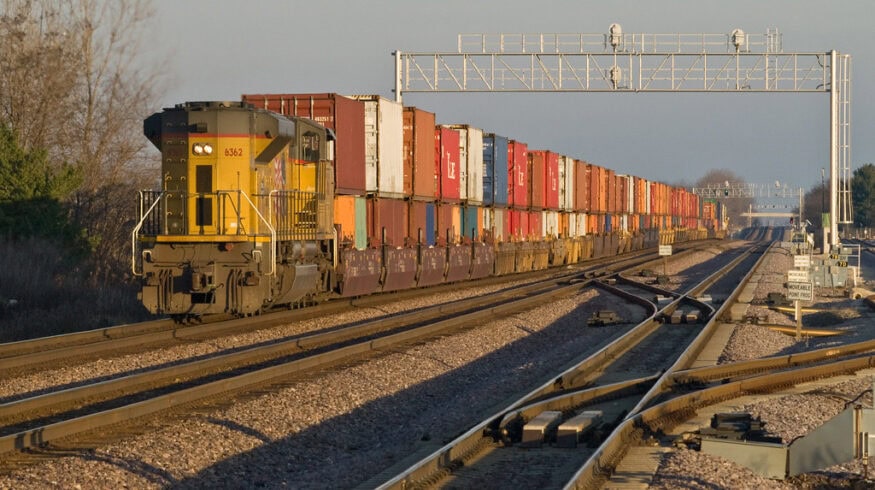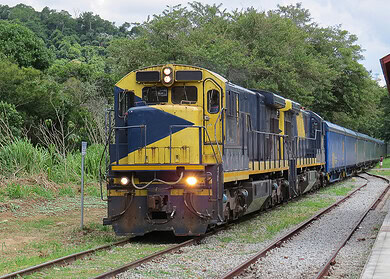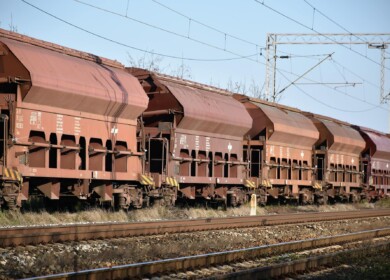India to invest $780 million in transformative railway projects

In a bold move to reshape the country’s transportation landscape, the Cabinet Committee on Economic Affairs (CCEA) has greenlit three transformative railway projects, backed by a substantial investment of ₹6,456 crore (approximately $780 million). These initiatives are poised to enhance logistical efficiency and strengthen the critical transportation networks spanning Odisha, Jharkhand, West Bengal, and Chhattisgarh.
These projects aim to do more than just lay down tracks. By connecting regions that have long been isolated, expanding the capacity of existing rail lines, and improving overall mobility within the Indian Railways network, the government is laying the groundwork for a new era of economic growth and regional development. This strategic expansion is also expected to create a significant number of jobs and self-employment opportunities in the regions, making a tangible impact on local economies.
Central to this ambitious undertaking is the PM-Gati Shakti National Master Plan, a vision that integrates planning across various modes of transport to facilitate the seamless movement of people, goods, and services. The railway network will stretch an additional 300 kilometers, ushering in the construction of 14 new stations. Importantly, this expansion will bring improved connectivity to the Aspirational Districts of Nuapada and East Singhbhum, linking around 1,300 villages and positively impacting the lives of approximately 3 million people.
Beyond regional connectivity, these railway projects are expected to play a pivotal role in the transportation of essential commodities—ranging from agricultural products and fertilizers to coal, iron ore, steel, cement, and limestone. The capacity boost is anticipated to increase freight traffic by 45 million tonnes annually, significantly easing supply chains across these states.
The environmental benefits are equally noteworthy. The projects are projected to reduce oil imports by 100 million liters, cutting CO2 emissions by an impressive 2.4 billion kilograms—a reduction equivalent to planting 97 million trees. This environmental contribution underscores the government’s commitment to sustainable development, making these railway projects a crucial step toward a greener future.
Enjoyed this story?
Every Monday, our subscribers get their hands on a digest of the most trending agriculture news. You can join them too!














Discussion0 comments